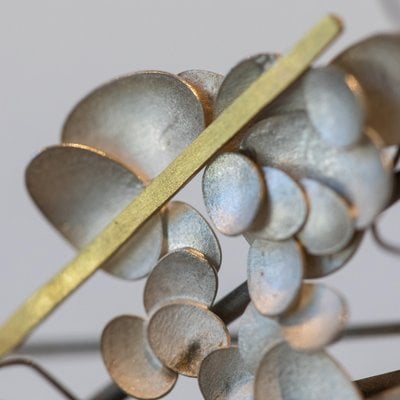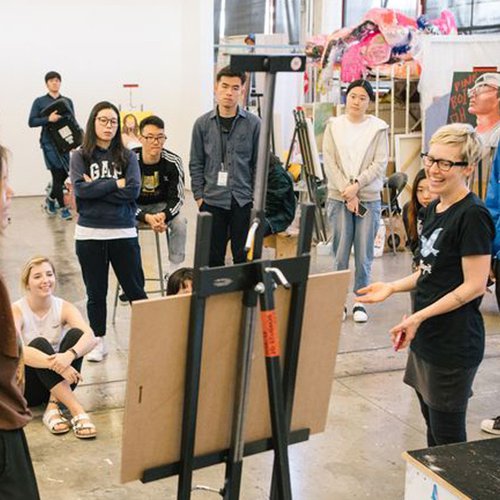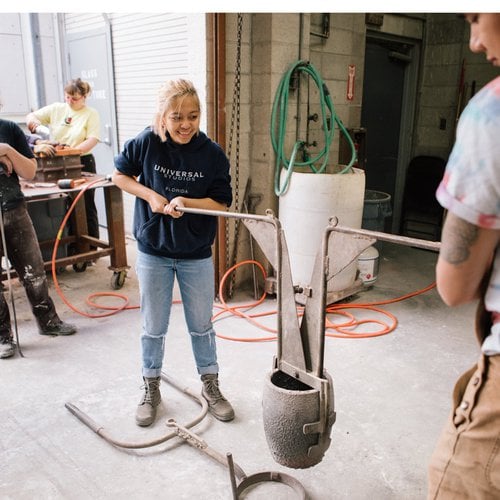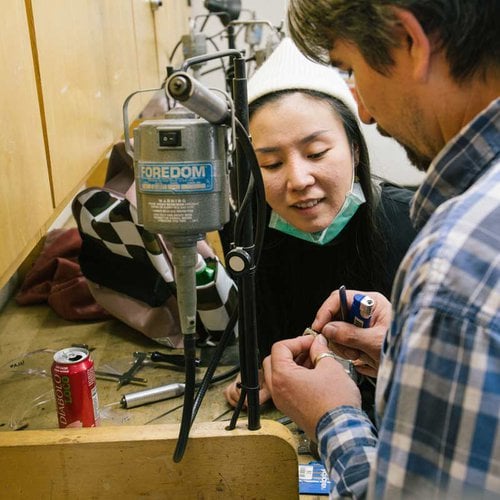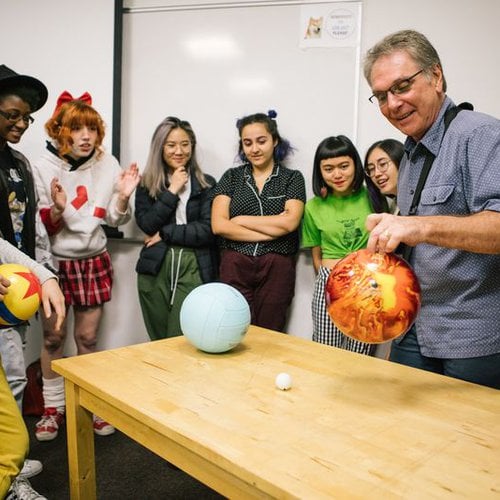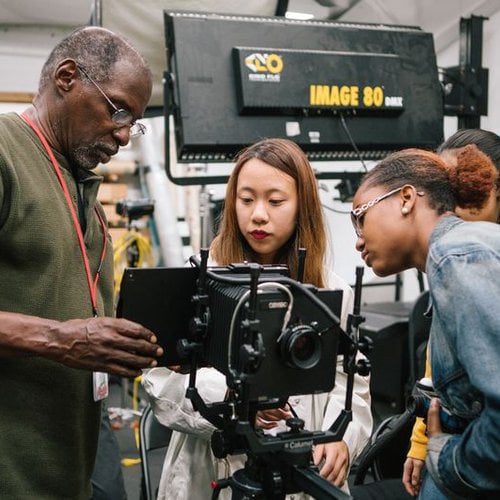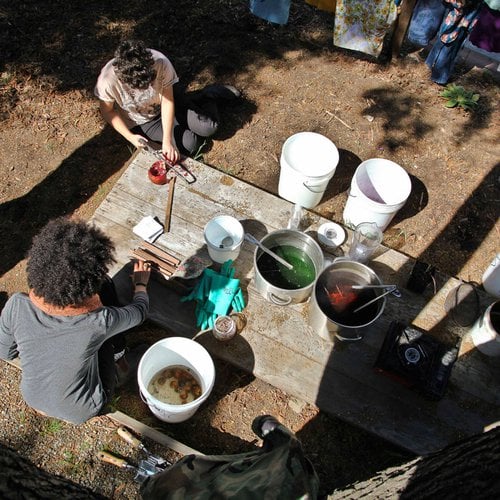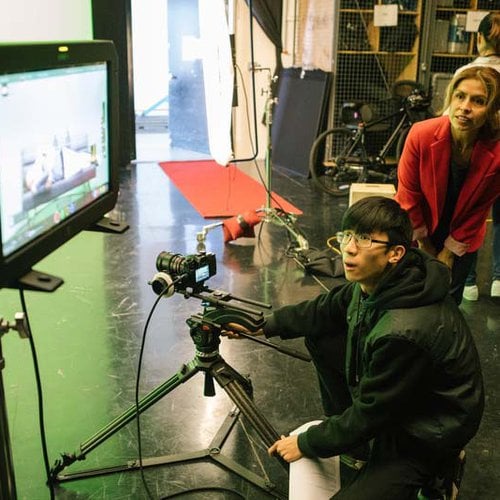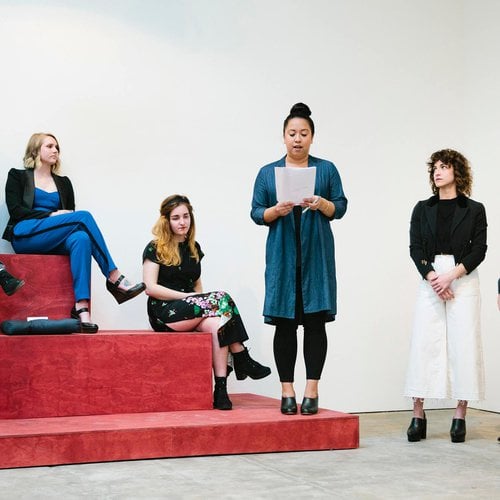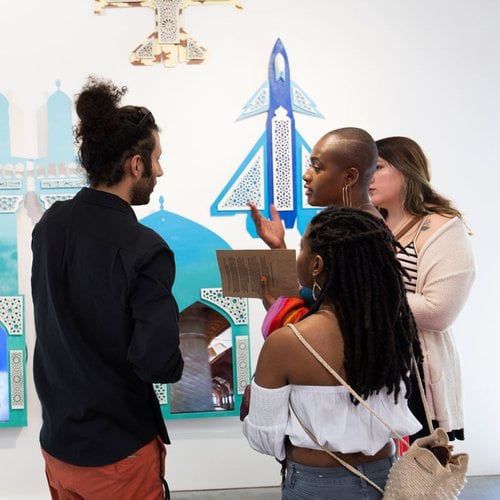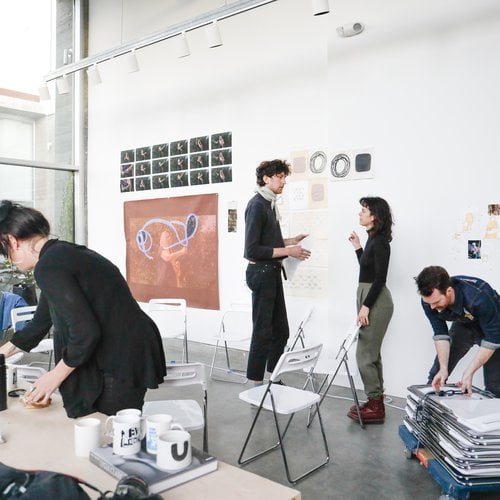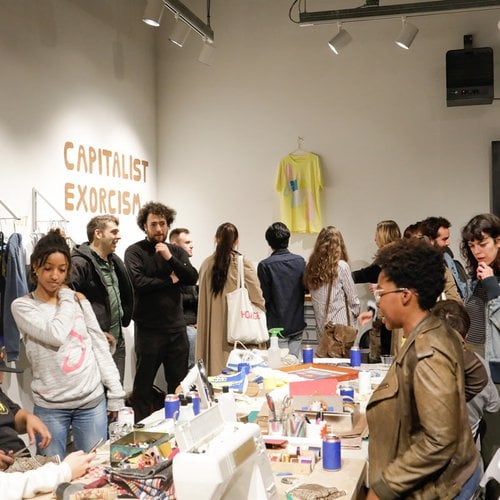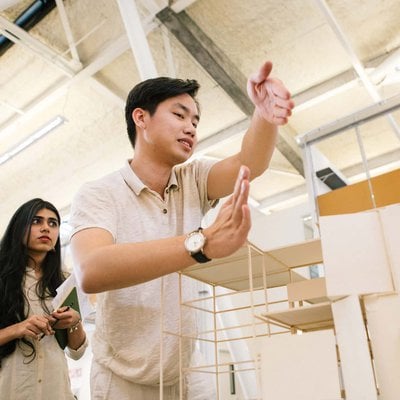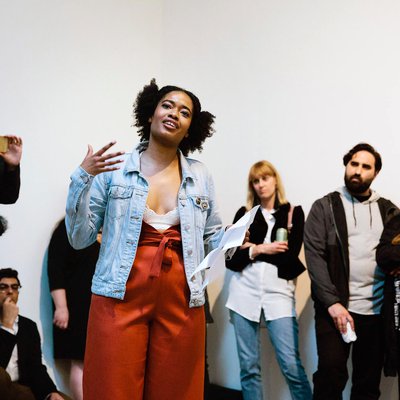Fine Arts
Through self-examination, critique, and dialogue, fine arts students at California College of the Arts (CCA) explore artmaking within a broad context as technically trained creative practitioners who are socially engaged with the world around them.
Overview
Expand how we view the world

Nurture creativity and civic-mindedness
At CCA, we think with our hands, cultivate intellectual nimbleness, and pursue socially engaged artistic practice. Our fine arts curriculum emphasizes critical thinking, visual literacy, hands-on studio craft, and cross-disciplinary applications. As fine artists and creative citizens, CCA graduates enter professional practices or careers in the arts ready to make a positive impact in our local, regional, and global communities.
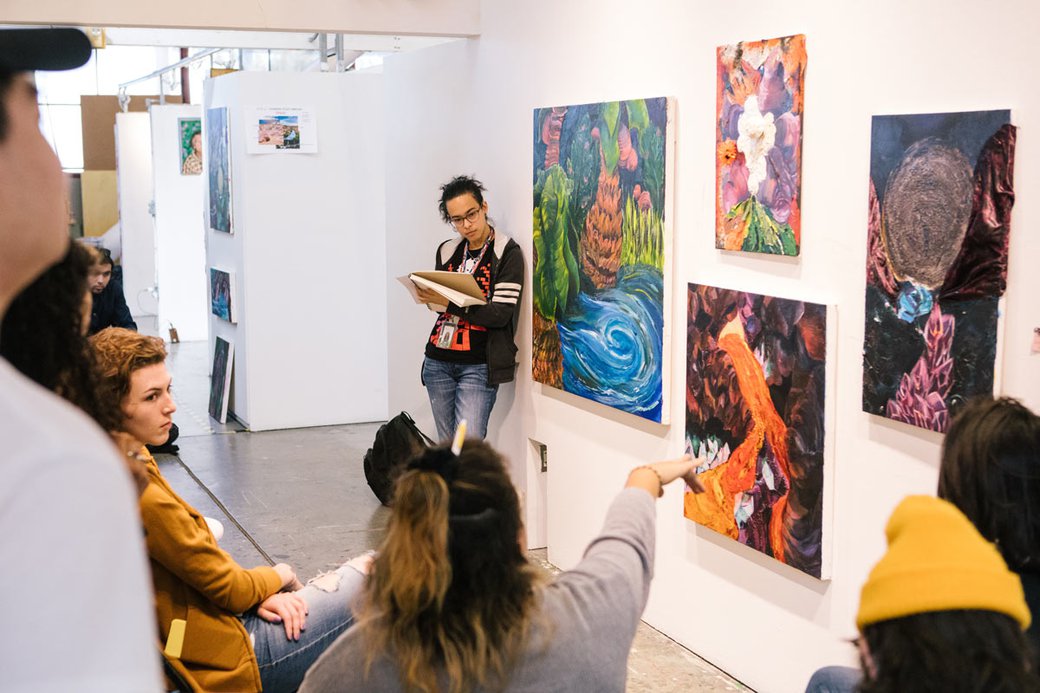
In the studio and classroom, we maintain a student-to-teacher ratio in the single digits to maximize opportunities for close instruction, mastery of technical skills, and productive dialogue. Students have the freedom to explore materials and interdisciplinary modes of artmaking while engaging in CCA’s fruitful critique culture. History, culture, politics, science, economics, psychology, religion, sociology, and much more are interwoven into the studio curriculum, encouraging deep thinking and innovation. You’ll gain practical skills and experiences, and refine your ability to research, write about, and critique works of art.
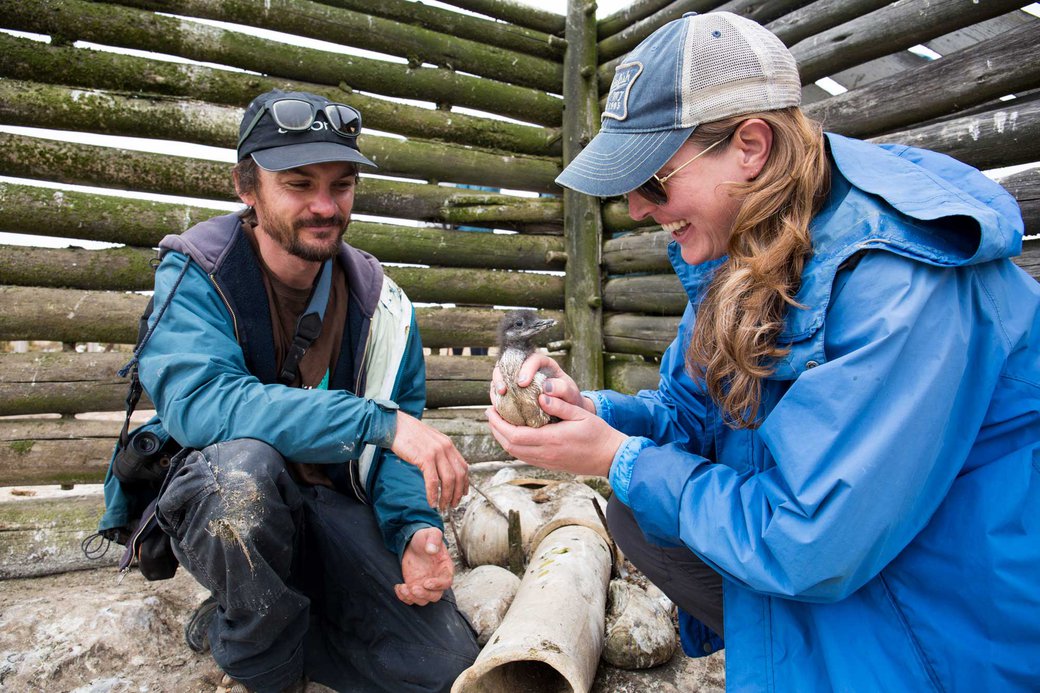
Opportunities for collaboration abound with peers, faculty mentors, visiting artists, and nonprofit partners that foster thoughtful questioning and discussion. Our San Francisco Bay Area location means we’re mere steps away from cultural hubs, such as CCA's Wattis Institute, Yerba Buena Center for the Arts, SFMOMA, Museum of the African Diaspora, Asian Art Museum, Jewish Contemporary Museum, Pier 24 Photography, and more. Engagements with external partners, such as Oikonos Ecosystem Knowledge and the Center for Investigative Reporting, are available at both the undergraduate and graduate level and merge studio skills with real-world challenges. Upon graduation, you’ll have a body of work, artistic network, and cumulative experiences to launch a career and shape culture.
Community
Challenge the boundaries of artmaking
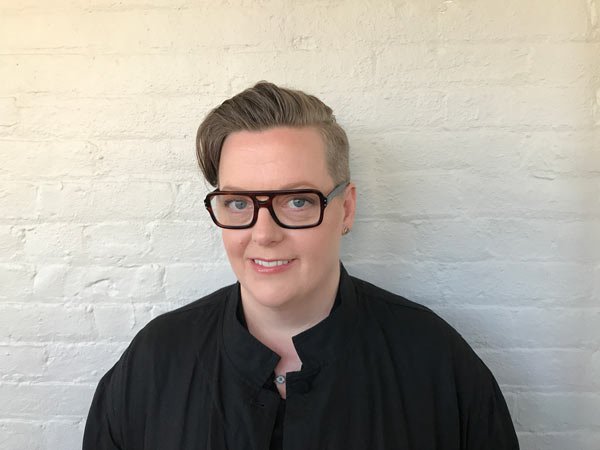
Sunny A. Smith, dean of Fine Arts
Meet the Dean of Fine Arts
Dean Sunny A.Smith investigates the cultural phenomenon of historical reenactment and the performative role of craft in the construction of identity. Their diverse studio practice integrates sculpture, traditional craft, photography, printmaking, and textiles, as well as modes of experimental performance and social practices. Smith has produced over 25 solo exhibitions, installations, performances, and artist-led participatory projects for venues such as the San Francisco Museum of Modern Art, Public Art Fund, The Aldrich Contemporary Art Museum, The Arts Club of Chicago, and S!GNAL Center for Contemporary Art, among many others. Their work is held in the collections of the Whitney Museum of American Art, Los Angeles County Museum of Art, Saatchi Gallery London, Linda Pace Foundation, and many other public and private collections worldwide.
Read reviews by Yizhou Zhuang and Evelynn Harra of Sunny A. Smith's exhibition The Compass Rose in Rewind Review Respond, an online forum where CCA students write about recent events and the ideas that affect their practice, communities, and fields of study.
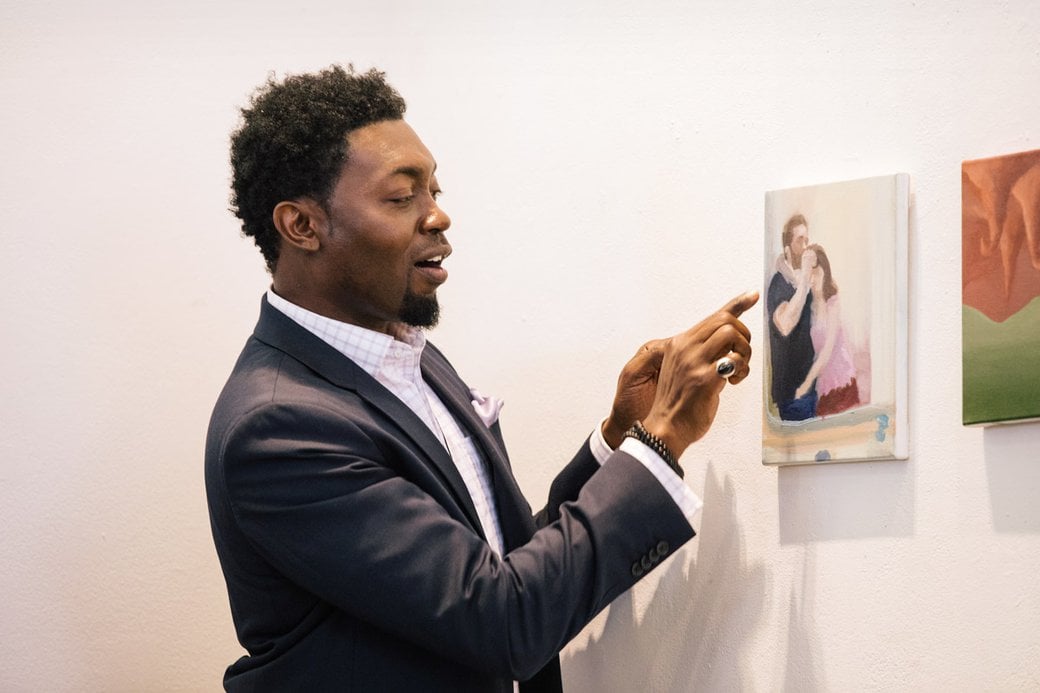
Award-winning artists and social practitioners
Our faculty nurture a think tank culture that engages with critical issues and expands the boundaries of artmaking. By emphasizing dialogue and criticality in studios and seminars, they help students challenge conventions, foster civic-mindedness, and reframe how we experience the world. In addition to their work as educators and researchers, faculty are active practitioners who exhibit, perform, and publish widely. They exhibit in some of the most exciting galleries and museums around the world, including the National Gallery of Australia, San Francisco Museum of Modern Art, Johnen Galerie in Berlin, Museum of Modern Art in Dublin, and WhiteBox in New York City. From Academy Award-winning documentaries to NEA-funded environmental impact projects, faculty accomplishments inspire students to take active roles as agents for change in various creative, cultural, and economic arenas.
Student stories


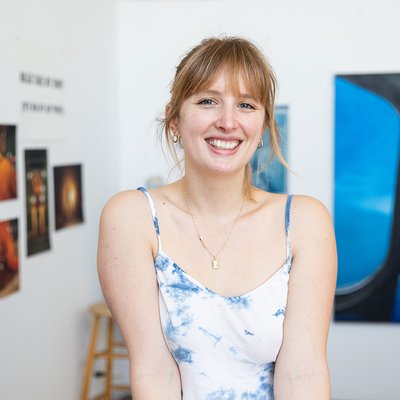

Faculty news and initiatives
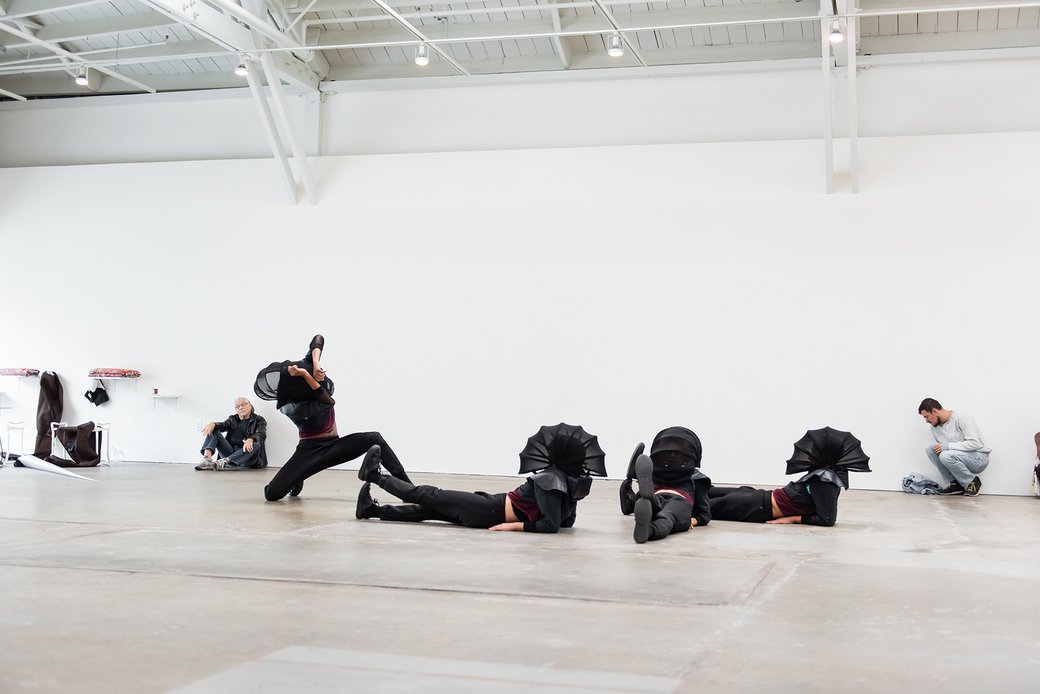
Adam Linder, Full Service (installation view), 2018, Wattis Institute; Choreographic Service No.5: Dare to Keep Kids Off Naturalism, 2017, Duration variable, Four dancers: Leah Katz, Justin F. Kennedy, Noha Ramadan, and Stephen Thompson. Photo by Allie Foraker.
Robust public programming
Our national and international networks are amplified by our lecture series and exhibitions. Open to all disciplines, our keynote lectures feature interdisciplinary artists, critics, scholars, and filmmakers, among many other practitioners, from the Bay Area and around the world. Recent guests include Léonie Guyer, Laura Poitras, and alumnus Hank Willis Thomas.
In addition to our public programming, students have opportunities to learn from diverse practitioners in CCA’s galleries, which host upwards of 150 exhibitions and artist talks each year. The nearby Wattis Institute for Contemporary Arts, a nonprofit exhibition venue and research institute that’s part of CCA, commits an entire year to reflecting on questions posed by a single artist. Students in the MFA in Fine Arts programs collaborate with the Wattis on exhibitions and publications as a part of their coursework.
Undergraduate
Learn to question and create
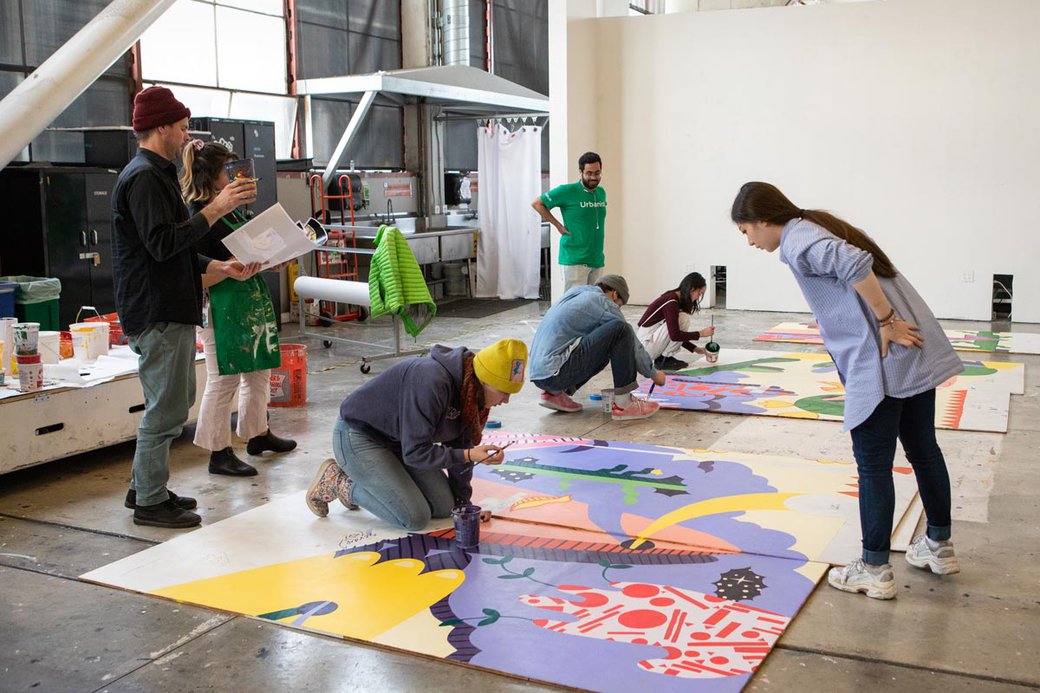
Experience cross-disciplinary studios
We offer 11 BFA programs, including the self-directed Individualized Studies degree for students whose work intersects multiple fields. Minors, which can be completed without adding to your total required units, explore social impact, alternative systems of representation, and literary arts. Immersed in cross-disciplinary thinking from day one, fine arts students get the best of both worlds: a liberal arts education and a craft-based studio culture that encourages them to experiment with their hands.
Undergraduate fine arts programs
Graduate
Amplify your voice and talents
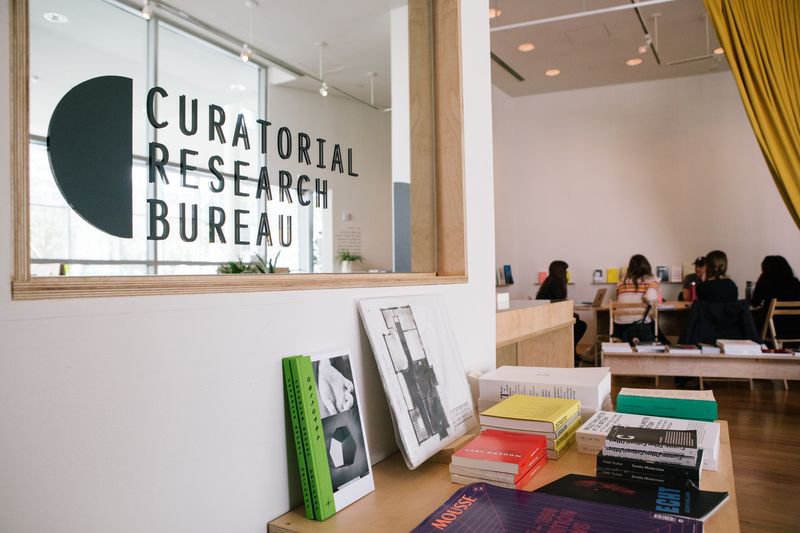
Contribute to a socially engaged culture
We offer two graduate programs and one dual-degree option, which makes it possible to earn two separate graduate degrees in just three years. Throughout your coursework, students experience a rich ecosystem of craft, civic engagement, and entrepreneurship. Drawing inspiration from San Francisco cultural institutions, such as Yerba Buena Center for the Arts and the Wattis Institute for Contemporary Arts, our programs encourage students to contribute to local art and design communities through exhibitions, publications, and various critique formats.
Graduate fine arts programs
Studios & Shops
Foster civic-mindedness
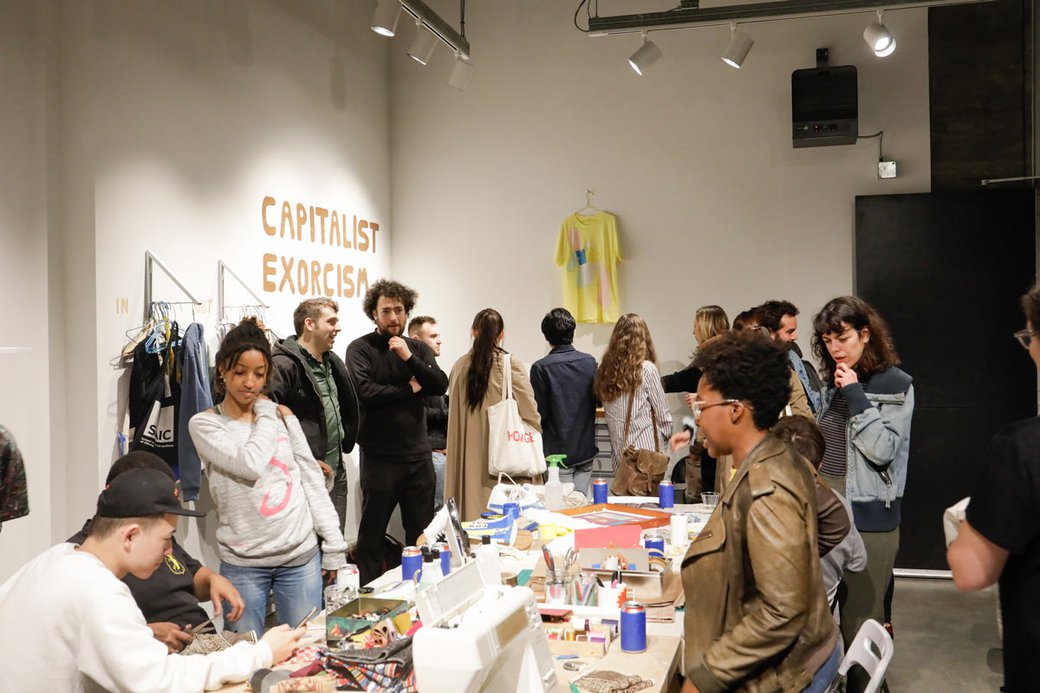
Connect studio work to societal issues
We provide students with the hands-on tools, digital fabrication resources, and materials they need to experiment and create a cohesive body of work. On-site studio managers, who are artists and designers themselves, are available to provide safety and skills training, as well as to suggest alternative approaches throughout ideation, iteration, and final project stages. Students investigate larger societal issues, from identity and race to power and technology, through mediums and collaborative exhibitions that reflect who they are and what they want to argue. CCA’s legacy as a center for arts and crafts and social activism can be seen and felt in each one of our creative spaces.
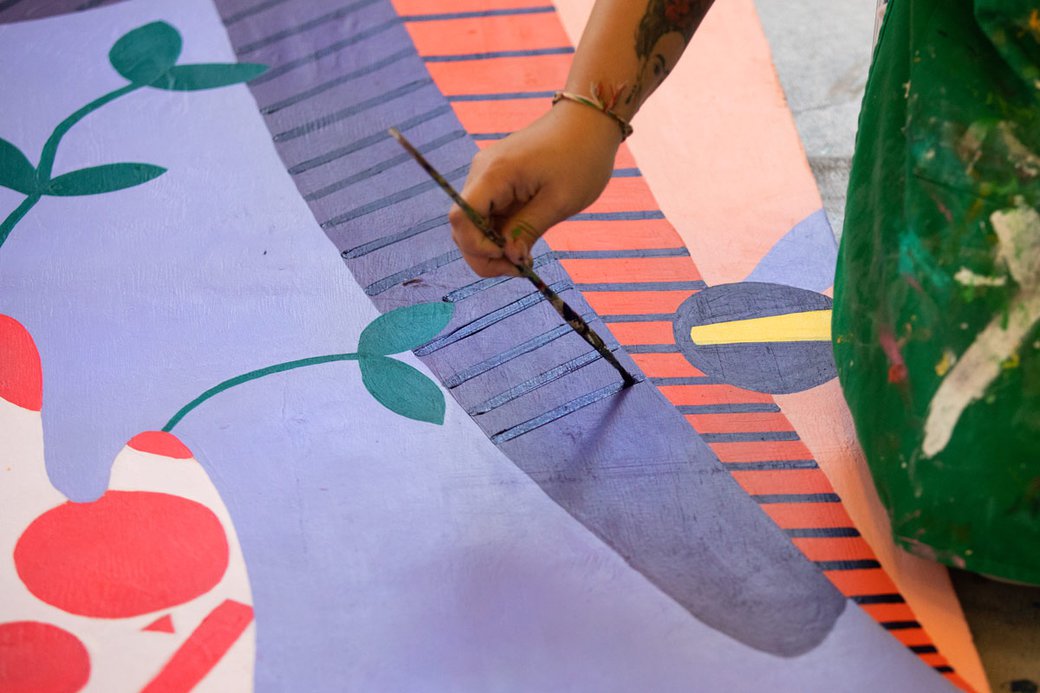
Spotlight on creative spaces
Mural Room
Painted by and for the community, murals have long been a tradition in San Francisco. Across the Bay Area, and especially in the nearby Mission District, murals are visual odes to historical figures, local landmarks, social movements, and more. Students can create their own social and political messages in the Mural Room, where they can make large-format vertical or horizontal prints with specialized tools and equipment.
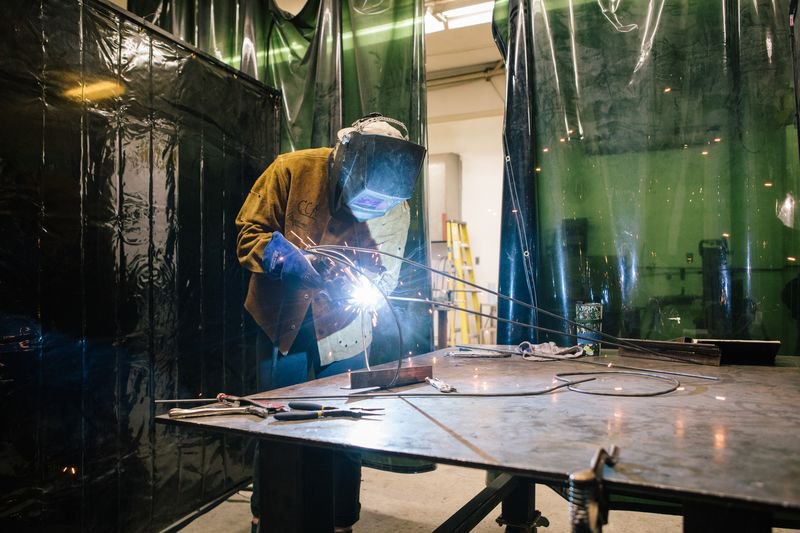
Metal Fabrication and Welding Shop
Open to all students who have completed the required orientation, this shop specializes in clay and metal. Students have the space to work on large-scale projects and can use the shop’s free scrap metal when available. There are a variety of tools and equipment, including a plasma torch, drill press, mill, lathe, chop saw, spot welder, and manual slip roll for bending steel.
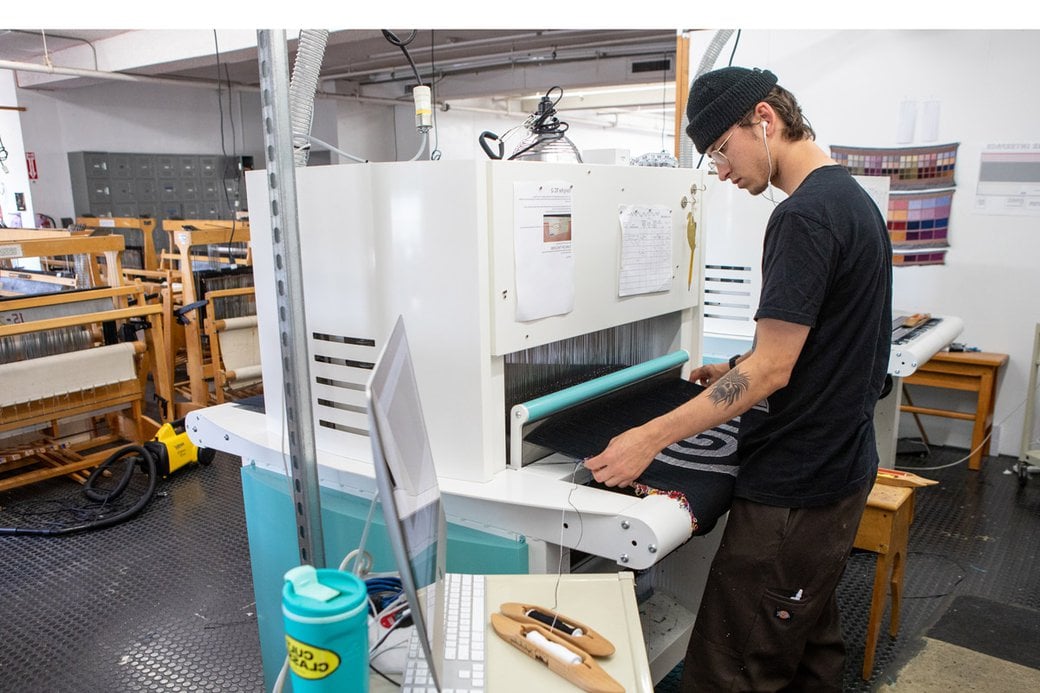
Textiles Weaving Studio
Our Textiles program is one of the few in the United States to teach digital weaving on Jacquard looms. The Weaving Studio, open to undergraduates and graduate students who have experience in textiles or have taken related courses, features two state-of-the-art Jacquard TC2 looms. Students who spend time in this studio merge modes of design thinking, formal abstraction, and personal narrative in fabric-based projects.
Alumni make waves
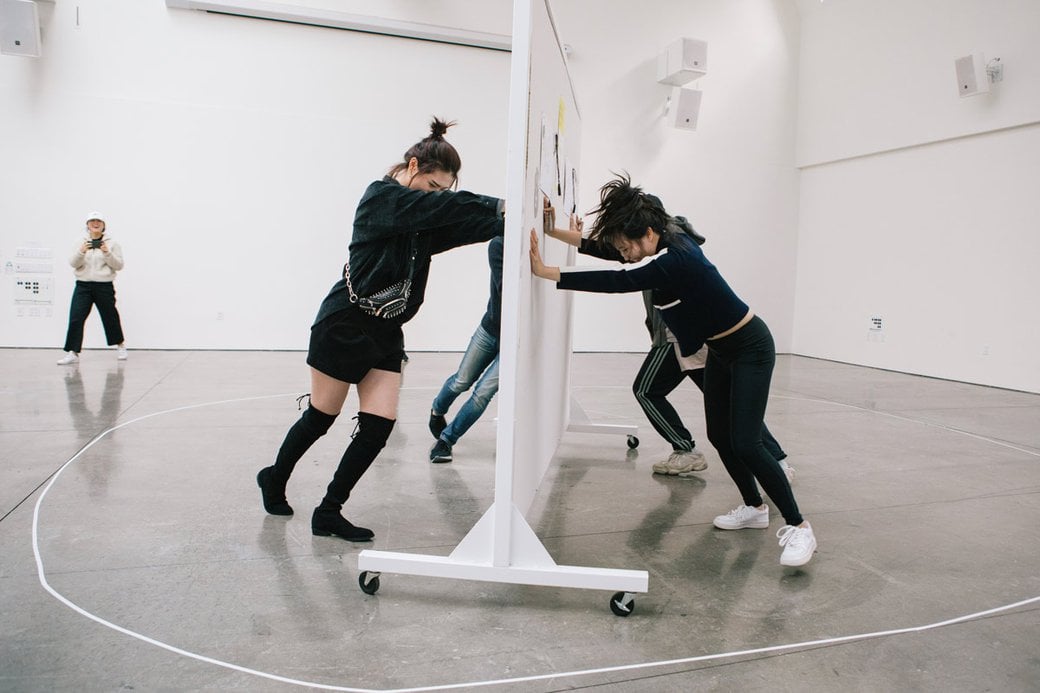
Upper Division Interdisciplinary Studio
Collaborative and topic-based, Upper Division Interdisciplinary Studio (UDIST) courses combine techniques and content from various disciplines at once. Course topics, which change regularly, challenge students to shift from a singular mindset to one that is all-encompassing and socially engaged. You’ll learn how to take studio-based practice out into the real world. Featured below are recent UDIST courses that leverage interesting, locally based nonprofits.
- The Peripatetic Wunderkammer: This experimental and performance-based course teaches students how to build a mobile media project that expands a San Francisco museum collection into public spaces throughout the city
- Animated Investigation: In collaboration with the Center for Investigative Reporting, students consider the documentary’s role within contemporary visual culture, working on projects that may involve animation, comics, motion graphics, photography, and more
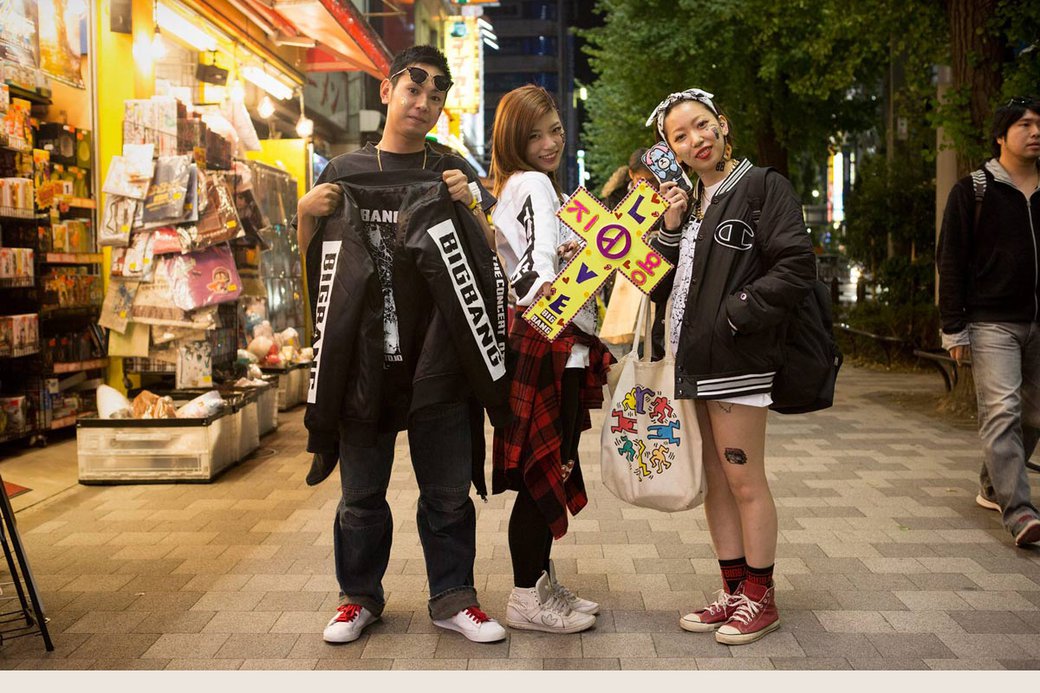
Japanese students pose in the Akihabara district of Tokyo, Japan.
Experience another culture
We encourage students to refine and expand their skills in new environments by studying in other United States cities or in another country. Some of our most recent study-abroad courses focused on the following themes.
- Life, Death, Art, and Ecstasy: Taking place in Reykjavik and rural areas along the Snæfellsnes Peninsula, this interdisciplinary course immerses students in Icelandic art, culture, and history
- Exhibition Brooklyn: A collaboration between CCA and Art in General, a 37-year-old nonprofit art space in Brooklyn’s DUMBO district, this course introduces students to artists and art world professionals in New York City through studio visits and one-on-one meetings
We’re here to answer your questions
We’re happy to share more information about our alumni, faculty, study-abroad opportunities, and the many socially engaged projects our students create across the Bay Area.

Explore other disciplines at CCA
Get more details about your program of interest

